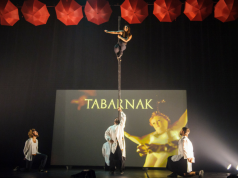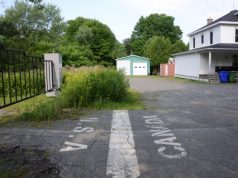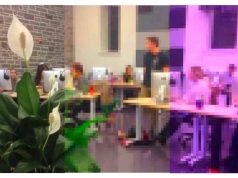When we explored this issue in Vancouver in the previous edition, it had more reader shares than ever before. When the issue began to hit the headlines in Toronto, it seemed imperative we continue to provide an outlet for artists to interrogate and explore what continues to matter. Certainly wherever we went – meetings, bars, running into people on transit – this is what people were talking about. We asked some of them to keep writing about it here.
Watching Kendrick Lamar’s performance at Sunday’s Grammy Awards (which culminated with a projection of “Compton” within a map of Africa), one can’t help to think of Beyoncé’s “Black Lives Matter” edition SuperBowl performance – and further back, Marlon Brando’s request that Sacheen Littlefeather reject the Oscar he was awarded for The Godfather. Each of these instances, and others, remind us that artists will take the space that’s given to speak about what is important to us as a community, as a society, as a species, even. When those spaces are restricted to particular histories or lineages, important truths will remain unspoken. Unheard. Artists need space. Change needs space.
In this edition, playwright, director and professor Djanet Sears explores bias and blindspots that allow old ways of thinking to continue unabated; Tapestry Artistic Driector Michael Mori expands on how increased diversity will increase the resilience of our institutions and culture; and SpiderWebShow’s Camila Diaz-Varela takes on how artists can collaborate to keep pushing forwards.
We are seeing mainstream presses shutting down. Journalists losing their jobs. If there is any silver lining to be found among the loss of these opinions, it is to be found in the self-publishing revolution that allow participants themselves to speak out. New spaces making more space for the conversations – like this one – that need to be happening.
Sarah Garton Stanley, Michael Wheeler & Adrienne Wong









